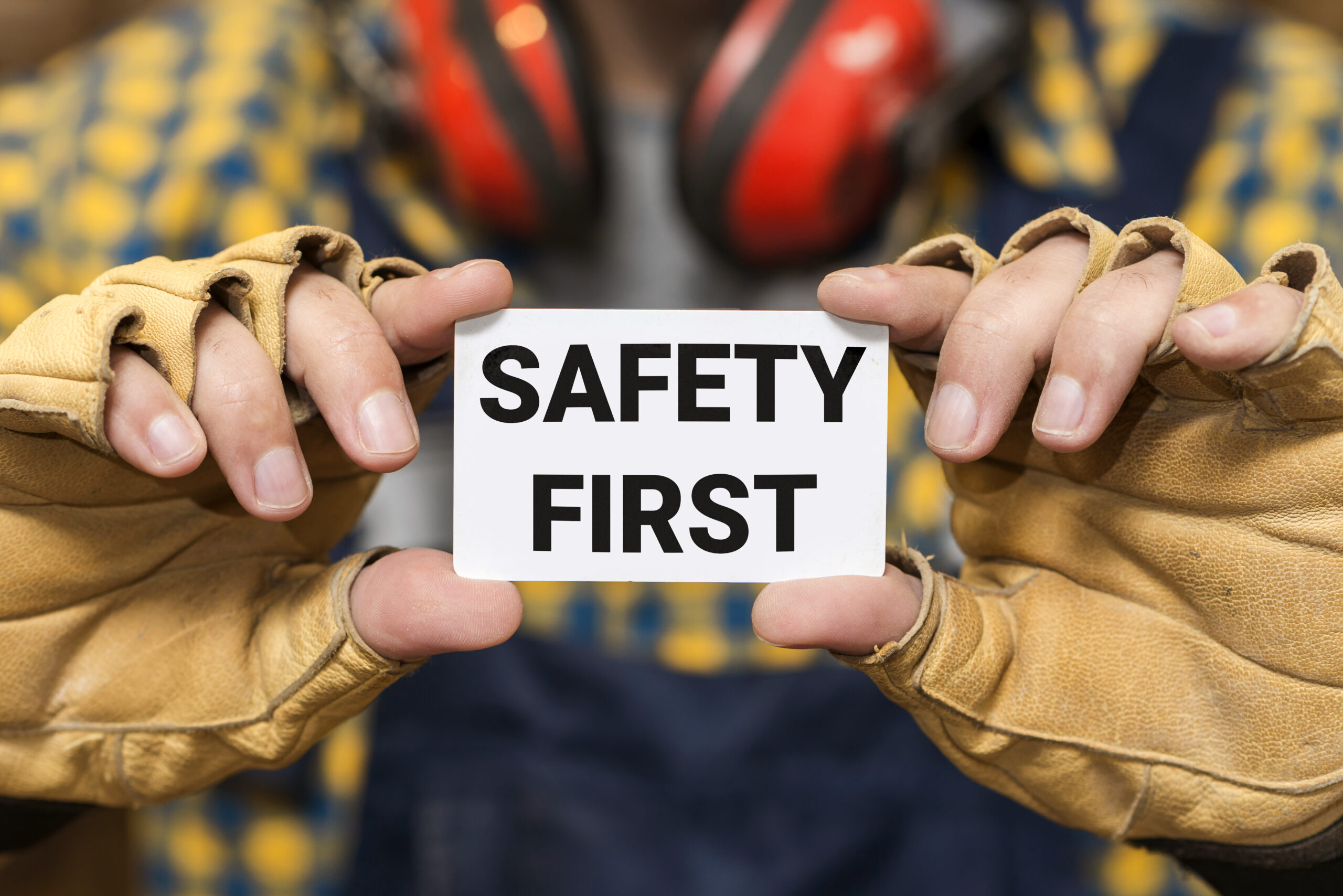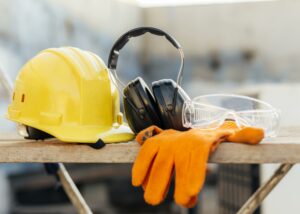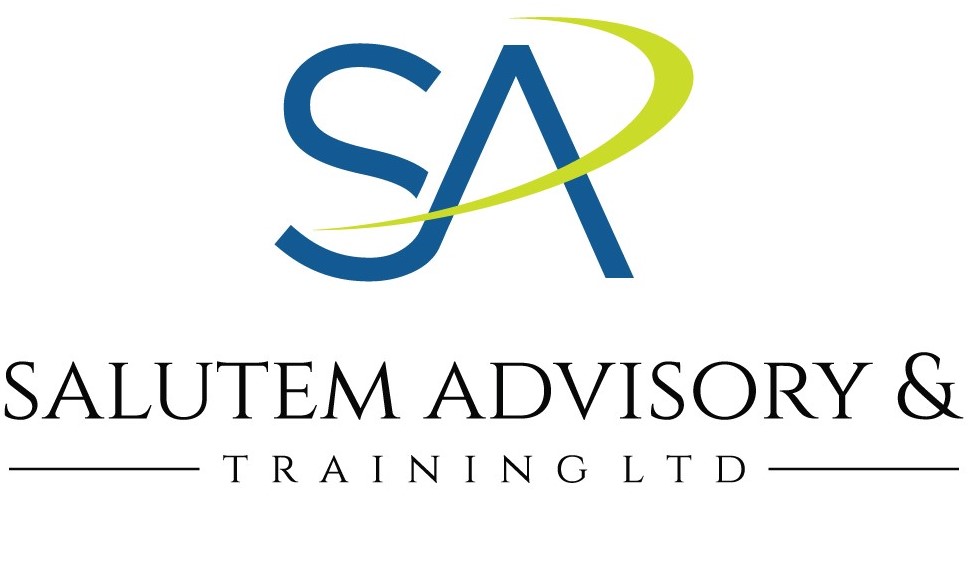
Safe Pass Training in Ireland: What Employers and Workers Should Understand
Employers and construction workers have a pivotal role in maintaining workplace safety. This article outlines what both parties need to know about Safe Pass training in Ireland, covering the responsibilities, benefits, and steps to ensure compliance with safety regulations.
Understanding the Safety Landscape in Ireland
Safety is a top priority for all companies in the construction industry in Ireland. The requirements for a Safe Pass program reflects the commitment to creating safer work environments on all construction sites. No person is permitted to work on a construction site without passing the relevant training.
Legal Requirements for Employers and Workers
Safe Pass training is a legal requirement for all construction workers in Ireland. Employers are responsible for ensuring that their workers have the necessary training and possess valid Safe Pass cards. Workers, on the other hand, must complete a Safe Pass course and carry their cards when working on construction sites. Failure to comply with these regulations can result in legal consequences for both employers and workers.
Promoting Health and Safety Awareness
Safe Pass training instils a culture of health and safety awareness among construction workers. Employers should encourage their workers to attend these courses, which provide knowledge about potential hazards, the importance of personal protective equipment (PPE), and safe work practices.
Reducing Accidents and Injuries
Construction sites can be dangerous places, and accidents can occur without warning. Safe Pass training equips workers with the knowledge and skills to identify and mitigate risks effectively, reducing the likelihood of accidents and injuries.
Enhancing Workplace Safety
Employers should understand that having a Safe Pass-certified contributes to a safer work environment. It demonstrates a commitment to safety and can lead to lower accident rates, reducing the associated costs and liabilities.
Selecting the Right Safe Pass Course
When considering Safe Pass training, it’s essential to choose an accredited training provider. Employers should select reputable organisations that offer comprehensive courses conducted by experienced trainers. Workers should be diligent in choosing a training course that covers all necessary topics and practical skills required for obtaining a Safe Pass card. 
Typical Safe Pass Content covered is as follows:
- The Reasons for Promoting Safety
- Health and Safety at Work Legislation
- Accident Reporting and Emergency Procedure
- Accident Prevention
- Health and Hygiene
- Manual Handling
- Working at Heights
- Working with Electricity, Underground and Overhead Services
- Use of Hand Held Equipment and Tools
- Personal Protective Equipment
- Safe Use of Vehicles
- Noise and Vibrations
- Excavations and Confined Spaces
On completion of this programme, all participants will receive Safe Pass registration card that will indicate that the holder has attended a formal course in health and safety awareness. Card expires every 4 years.
Looking for Safe Pass Training in Ireland?
If you’re an employer or worker seeking Safe Pass training in Ireland, we provide regular Safe Pass training. Over recent years we have become one of the most trusted training providers in the Midlands. You can explore our training calendar for upcoming course dates and secure your place. Prioritising safety through education and awareness is a shared responsibility that ensures a safer work environment for all in the construction industry. In conclusion, Safe Pass training is a legal requirement and a vital component of ensuring health and safety in the construction industry in Ireland. Employers and workers should collaborate to ensure compliance with these regulations, fostering a culture of safety and contributing to safer work environments. Whether you’re an employer or a worker, your commitment to safety through education and awareness is a significant step towards a safer construction industry.

